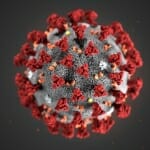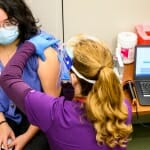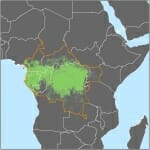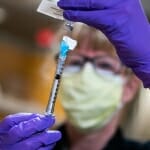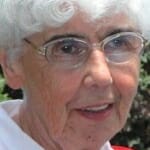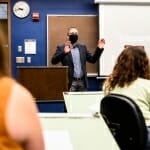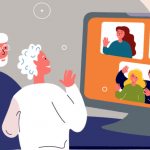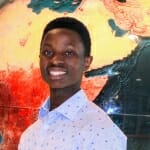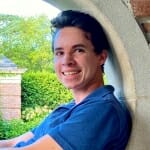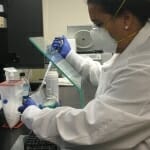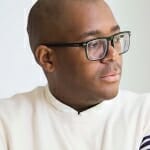Category State & Global
UW Health encourages patients 65 and older to visit uwhealth.org/vaccine
Following today's announcement from the state Department of Health Services that individuals age 65 and older are eligible to receive the COVID-19 vaccine, here is more information about the process for scheduling appointments.
‘Caste’ author Isabel Wilkerson to headline MLK Symposium
“Isabel Wilkerson is a distinguished author with writings that synthesize history and personal narratives to help our generation consider the implications of a system of oppression and racism,” says Cheryl Gittens, interim deputy vice chancellor for diversity and inclusion and chief diversity officer.
Sociologist battles inequities in artificial intelligence
Alumna Alex Hanna is a research scientist on Google’s Ethical AI Team, which focuses on responsible artificial intelligence systems. “There’s a very strong chance that those data are exacerbating existing race, gender, and class inequalities,” she says.
First employees and students receive COVID-19 vaccine at University Health Services
The arrival of vaccine provides a lot of hope for students and employees that campus will ultimately return to normal, says Jake Baggott, executive director of UHS and associate vice chancellor for student affairs/health and wellbeing.
Subscriptions to satellite alerts linked to decreased deforestation in Africa
Launched in 2016, the Global Land Analysis and Discovery system provides frequent, high-resolution alerts when it detects a drop in forest cover.
University Health Services to vaccinate Phase 1a eligible individuals against COVID-19
“We know it could be many months before all of our students and employees can be vaccinated," says a UHS official, "but this is an important and hopeful first step.”
Statewide data shows four-fold increase in recent COVID-19 infections
The antibody study showed that 1.6% of survey participants had evidence of antibodies when tested in July and early August. Between October and December, the number was up to 6.8%.
Holocaust survivor, geneticist, patient advocate remembered for inspiring others
Renata Laxova focused on intellectual and developmental disabilities, prenatal diagnosis of birth defects, cancer genetics, and — above all — the relationships between medical professionals and patients.
Student to student: How professors are stepping up
With fewer in-person lectures, professors have had to find new ways of teaching and also have had to gain a new sense of understanding for their students. Meet a few who've really stepped up.
New game helps refugee camp kids become academic ‘stars’
Once a refugee himself, senior Joel Baraka has invented "5 STA-Z" — a board game for students across sub-Saharan Africa that turns learning into fun.
UW–Madison recognized for its water- and energy-saving initiatives
The heating and cooling plant improvements stem from an upgraded cleaning system for heat exchangers covering over 50,000 tons of the campus’s central plant chillers.
Bird’s-eye view of geology using drones offers new way to protect groundwater
Researchers at the Wisconsin Geological and Natural History Survey are spending a little less time on the ground and more time in the air — looking at the ground. What they're finding could help improve water quality.
UW–Madison senior among finalists for 2021 Rhodes Scholarship
University of Wisconsin–Madison senior Alex Plum competed this year as a finalist for the Rhodes Scholarship, the oldest and most celebrated college award for…
Researchers videotape hundreds of classrooms in 8 countries to study teaching
Essential to the study’s success are observation systems designed by Courtney Bell, a UW–Madison learning sciences professor who directs the School of Education’s Wisconsin Center for Education Research.
Banking on patient samples to advance COVID-19 research
In the spring of 2020, when UW–Madison instruction moved online and most research became remote, efforts picked up at the UW Carbone Cancer Center Translational Science Biocore BioBank.
UW alumnus Brandon Taylor one of six finalists for prestigious Booker Prize
Taylor came to UW–Madison pursuing a Ph.D. in biochemistry but his education, both in and out of the college classroom, inspired him to write “Real Life.”

